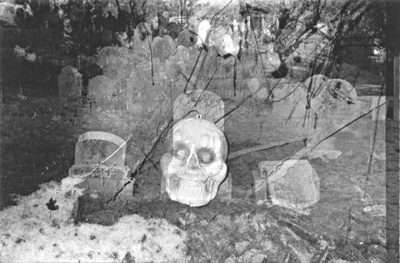All Nonfiction
- Bullying
- Books
- Academic
- Author Interviews
- Celebrity interviews
- College Articles
- College Essays
- Educator of the Year
- Heroes
- Interviews
- Memoir
- Personal Experience
- Sports
- Travel & Culture
All Opinions
- Bullying
- Current Events / Politics
- Discrimination
- Drugs / Alcohol / Smoking
- Entertainment / Celebrities
- Environment
- Love / Relationships
- Movies / Music / TV
- Pop Culture / Trends
- School / College
- Social Issues / Civics
- Spirituality / Religion
- Sports / Hobbies
All Hot Topics
- Bullying
- Community Service
- Environment
- Health
- Letters to the Editor
- Pride & Prejudice
- What Matters
- Back
Summer Guide
- Program Links
- Program Reviews
- Back
College Guide
- College Links
- College Reviews
- College Essays
- College Articles
- Back
Death
When I was four years old, I looked at my father with innocent eyes and asked him what death was.
My father- a man who brims with intelligence and has had the same glasses frames for twenty years- did not sit me down at the dinner table while he pondered this. I instead stood at his feet, peering upwards, as I always did at that age, waiting for a response.
His eventual, slowly-stated answer was that death is when people stop moving. We did not go to church, since during this time my father was applying to law schools and wondering about his future while his children played in the backyard, so heaven was not mentioned. His answer was factual; I felt inclined to accept it.
My imagination at four years old was beginning to bloom, so when he said this, I pictured my father in scenes of his everyday life- sitting at a desk, standing outside his car in the driveway, lying in bed with my mother- without moving. His eyes were always open in these images, staring at nothing.
Even then I knew something was off. How would he get from place to place if he wasn’t moving? My mother stayed at home with my brother and I, so who would drag him to his next destination? Would he always be wearing the suit he donned for work, even on Saturdays?
That was the first moment I can recall that I began questioning not only death, but many things.
In kindergarten, my father told me I was to be a doctor. I enthusiastically agreed, because his sales pitch was that I would be helping people. Then it was mentioned to me that doctors deal with death throughout their day, and I staggered back from the idea, horrified. I resolved to be a veterinarian in order to help animals- that idea was quickly pulverized when my mother explained what “put down” meant.
At the age of eleven, I decided to be an atheist. This was not because I no longer believed in God, but because I had so many questions about the afterlife. No one could tell me what heaven was really like (I chose not to believe the “clouds and harps” scenario), who I could interact with, how old I would appear in comparison to how old I would have been when I actually died. These thoughts swirled around in my head, only becoming softer when I pushed the idea of God away.
I have gotten older, of course, and with that I have grown into an inquizzitive teenager. Lack of a definitive answer to my afterlife wonderings no longer drives me to kill my train of thought; rather, I accept multiple theories, and have created some of my own. These are not thoughts I would bring up at any dinner party, because I understand that many do not wish to dissect death as I long to. But when I take questions I have, lay them out in front of me, and allow myself to think, I find that I am not afraid to wonder.
It’s easier to ask myself questions about death rather than think about the actual process of dying. Anxiety spreads through my chest when I apply thought to what being unable to breathe would feel like, or at what point I would start to feel “gone” if I was bleeding out. Making up my own answers makes death feel light, like a dream. But I don’t know how bad my waking up to the reality of death will be.
And I honestly hope not to.

Similar Articles
JOIN THE DISCUSSION
This article has 0 comments.
